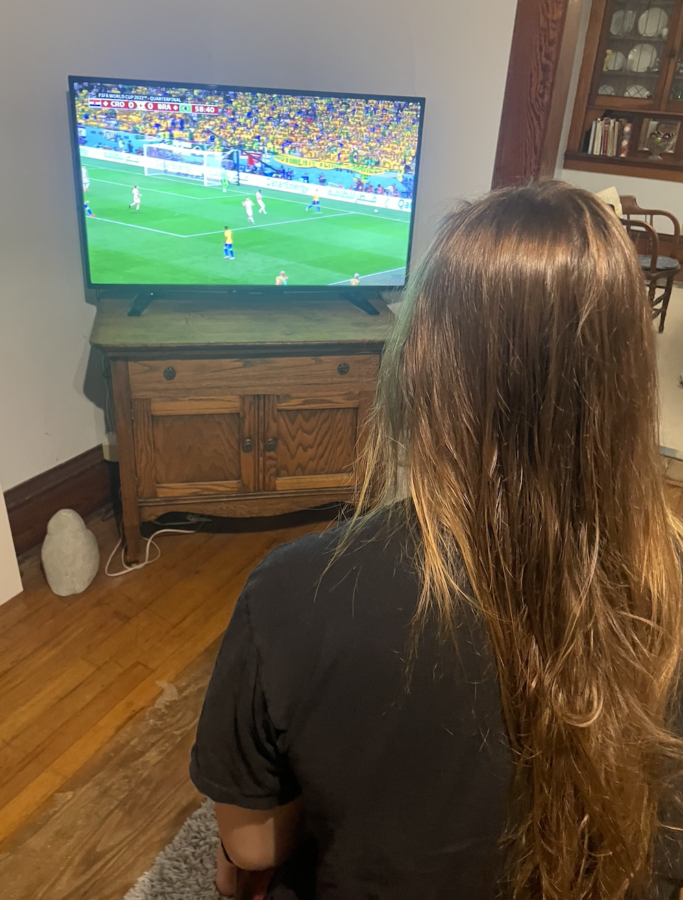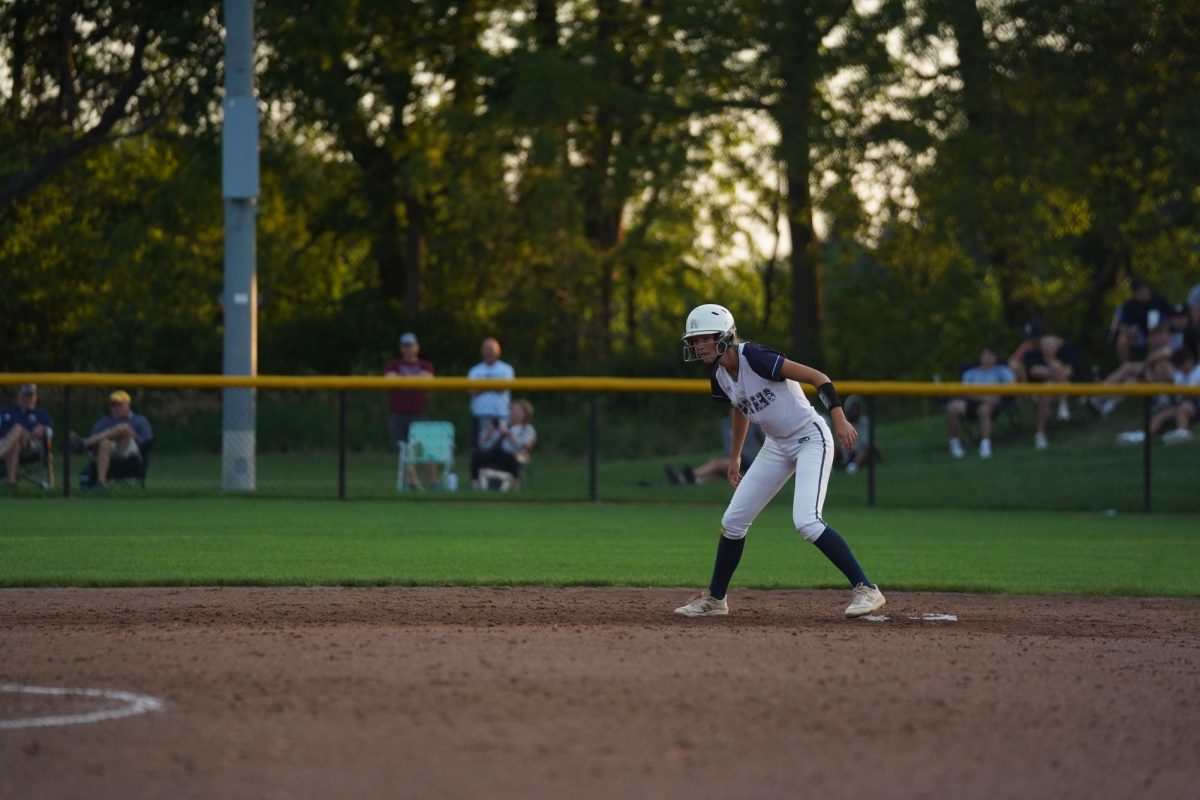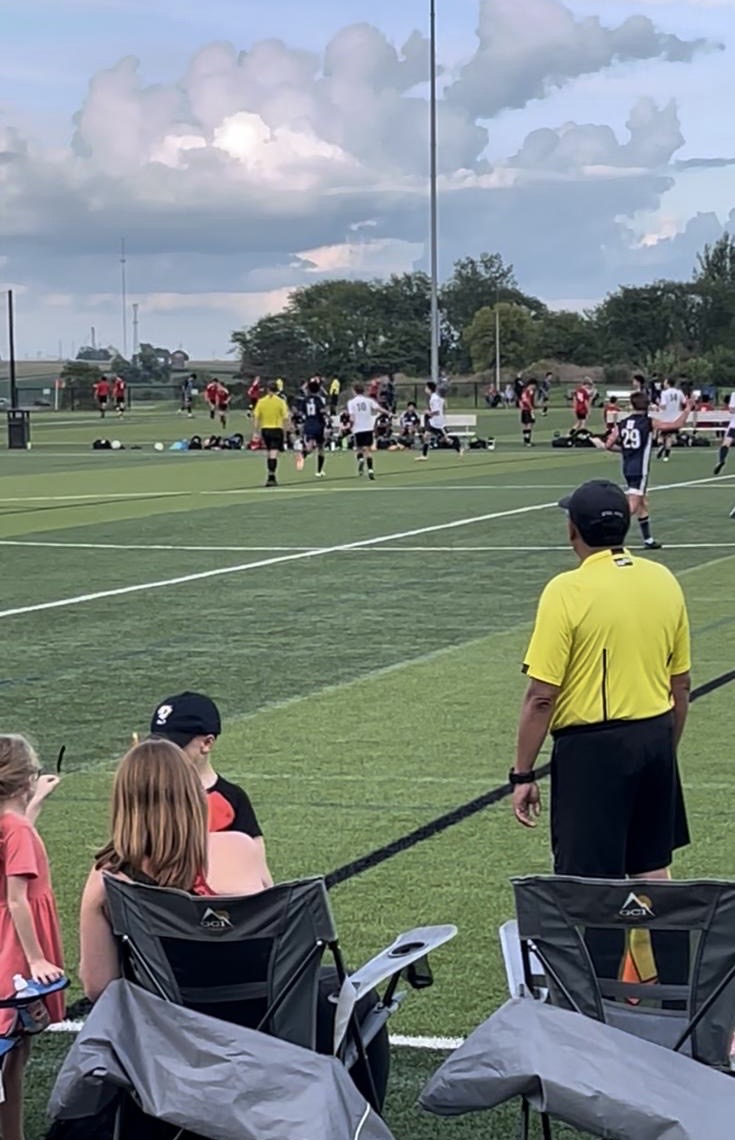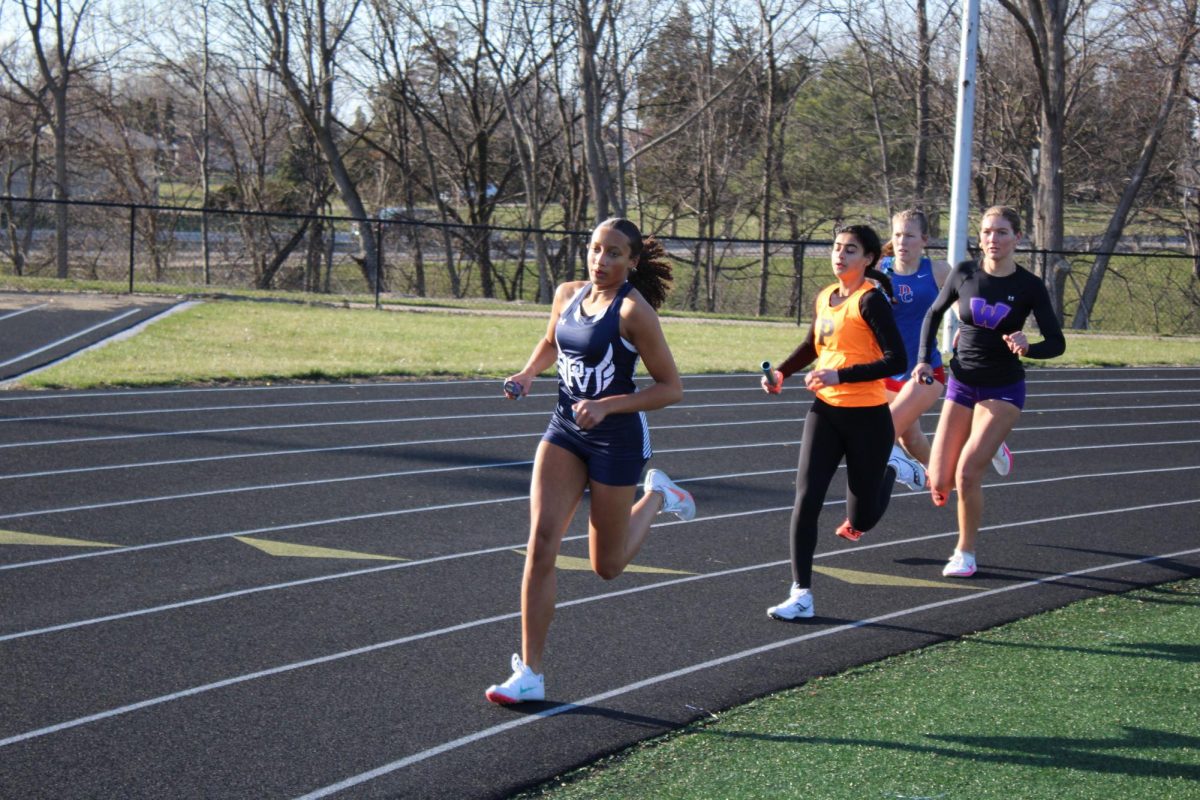The 2022 World Cup held in Qatar triggered immense patriotism and piqued interest in international affairs — backlash over Qatar’s unethical labor practices, the environmental damage caused by stadium construction and their position on LGBT rights. However, one issue that arose with the World Cup has been frequently overlooked—the players themselves.
The 26 players composing the 2022 U.S. Men’s National Team make up the most diverse roster in U.S. World Cup history. Among these players are Tyler Adams, the youngest and the first African-American team captain, and four players of Hispanic descent. Reflecting the diversity of America, this team will go down in history as the largest lineup of players of color in the World Cup thus far.
Although the U.S. is one of many countries making strides toward increased representation in soccer, the reality of prejudice against players of color is still very prevalent and has only been exacerbated by social media.
On Twitter, players of color were subjected to thousands of targeted posts containing racial slurs, making fun of their English and calling for them “to go back” to other countries. Twitter failed to act on 99 out of 100 reported tweets aimed at 43 players of color in the World Cup.
Senior Nirmal Alla is a member of the PV boys soccer team and has witnessed the rise in hate speech on social media. “Nowadays it has become significantly easier to participate in this kind of hateful activity when you are guaranteed anonymity. Social media has allowed for some, who may have previously been afraid of participating in this hateful activity, to use the ability to stay incognito and use hateful language and speech,” Alla stated.
PV senior and soccer player Libby Kamp attributes this rise in hate speech to loose social media guidelines. “The algorithms are determined by what you post, what you like, etc. Social media doesn’t care about the extent of an action. The platforms just want people to react to what’s happening. Even if hate speech is what’s trending, they’re still making money, so they probably don’t care enough to stop it,” Kamp stated.
This World Cup is just one more instance of a long string of racist abuses directed at players of color. After the Euro 2020 final, England players Jadon Sancho, Bukayo Saka, Marcus Rashford and Raheem Sterling were victims of a barrage of racist attacks after the team fell to Italy 3-2 on penalty kicks. In the two years since, it seems as if no progress has been made.
Without any action taken by FIFA and social media platforms, Kamp believes that soccer is no longer as inclusive of a sport. The focus has shifted away from being about bringing together different countries, each with their own distinct languages, religions, and cultures and evolved into a sport that is anything but welcoming.
“The World Cup is not meant to be an association that worsens relations, but, rather, is meant to act as a platform that brings people together. The World Cup is supposed to be fun and competitive, but lately, the true spirit of the sport is getting lost amid these incidents,” Kamp voiced.
Kamp’s sentiments are tied to a longstanding, unspoken tradition when it comes to recognition in the World Cup. Players of color are under constant pressure to prove that they are equal to their white counterparts. Until players of color perform well, they aren’t seen as part of the country they are playing for. It’s as if their existence in that country’s society is irrelevant until they do something extraordinary.
On Nov. 26, the world celebrated France player Kylian Mbappe’s two-goal performance against their Group D rival Denmark. However, even Mbappe, who helped lead France to a 2018 World Cup title and won Best Young Player of that tournament, was not exempt from racist attacks. After missing a crucial penalty kick against Switzerland in the 2020 Euro knockout match, Mbappe faced racism that made him want to leave the national team.
During a match, the national team is the face of the country, representing its multicultural, multiethnic population. But as history has repeated itself time and time again, it has become evident that much more progress needs to be made.










